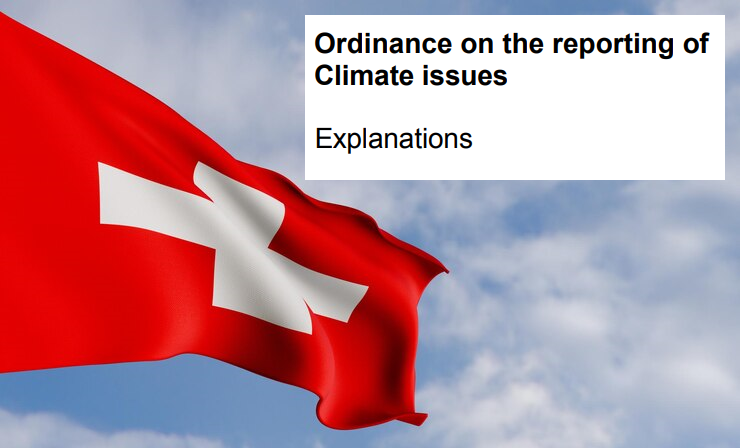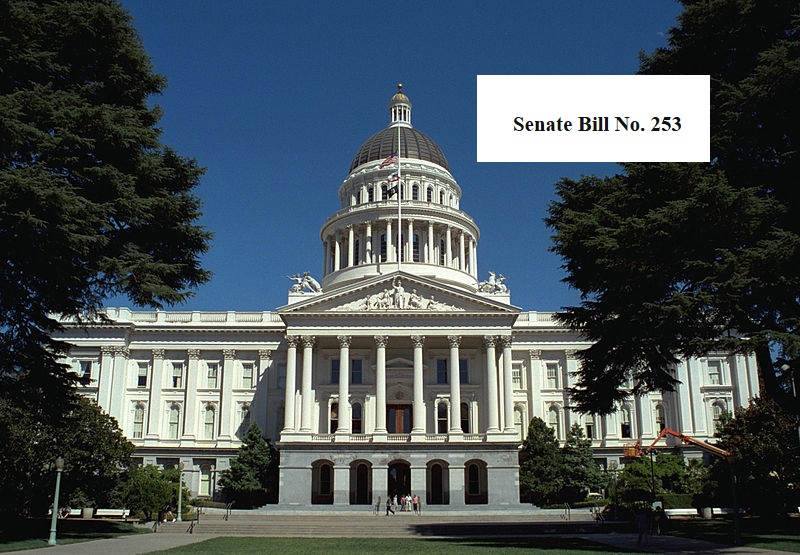The US Revokes Emissions Disclosure Rule for Federal Contractors
The US government withdrew a proposed rule mandating federal contractors to disclose greenhouse gas emissions and set reduction targets. This move signals a shift in climate policy under the new administration, focusing less on mandatory transparency. While it may reduce compliance burdens, it could also weaken the US’s position in global sustainability efforts, where accountability is increasingly a competitive edge.

On 13 January 2025, the US federal government announced the withdrawal of a proposed rule requiring federal contractors to disclose greenhouse gas (GHG) emissions and set targets for their reduction. This decision coincides with the transition to President Trump’s second administration, marking a likely departure from the climate policies advanced under President Biden’s leadership.
Background of the Rule
The rule was originally proposed on 14 November 2022 by the Federal Acquisition Regulatory Council (FARC), which includes key federal agencies such as the Department of Defense, NASA, and the Office of Federal Procurement Policy. Its primary goal was to align federal procurement with climate objectives by encouraging contractors to adopt transparent emissions reporting practices.
The proposal mandated that contractors report data on direct (Scope 1) and indirect (Scope 2) emissions annually. Large contractors, defined as those with annual contracts exceeding $50 million, would also be required to disclose value chain emissions (Scope 3), which include harder-to-control sources such as supply chains and other indirect emissions.
Had it been implemented, the rule would have gone beyond the climate disclosure requirements established by the Securities and Exchange Commission (SEC) in March 2024. However, the SEC’s regulations are currently subject to legal challenges and are also expected to be overturned under the new administration.
Reasons for the Withdrawal and Potential Impact
The agencies involved in drafting the rule cited two main reasons for its withdrawal. First, the Biden administration ran out of time to finalise the rule. Second, public feedback revealed a lack of consensus on standards and the alignment with existing industry practices.
Under the Trump administration, climate policy is expected to focus more on deregulation and less on mandatory disclosures. While this could reduce the compliance burden on federal contractors, it raises questions about how the US plans to meet its international climate commitments.
Implications for Businesses
The removal of mandatory emissions disclosure requirements may ease administrative pressures on federal contractors. However, it also leaves companies facing a dilemma: whether to pursue voluntary disclosures to maintain investor trust or prioritise cost reductions instead.
For companies operating with international partners, growing transparency requirements may become a global standard. The absence of mandatory disclosures could weaken the competitive position of US firms in the sustainable investment market, where transparency is a key differentiator.
Conclusion
The decision to withdraw the proposed rule signals a significant shift in US climate policy, potentially altering the country’s trajectory on emissions reduction. While the move may provide temporary relief for businesses by reducing regulatory pressure, the lack of clear emissions reporting standards could hinder long-term sustainability goals and the global competitiveness of American companies.
17.01.25



